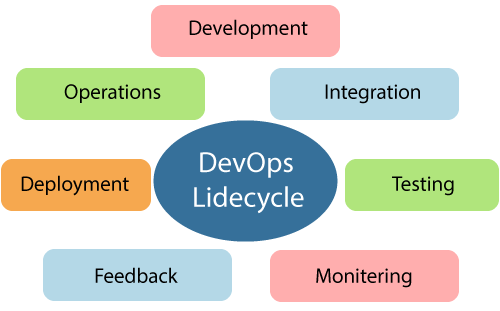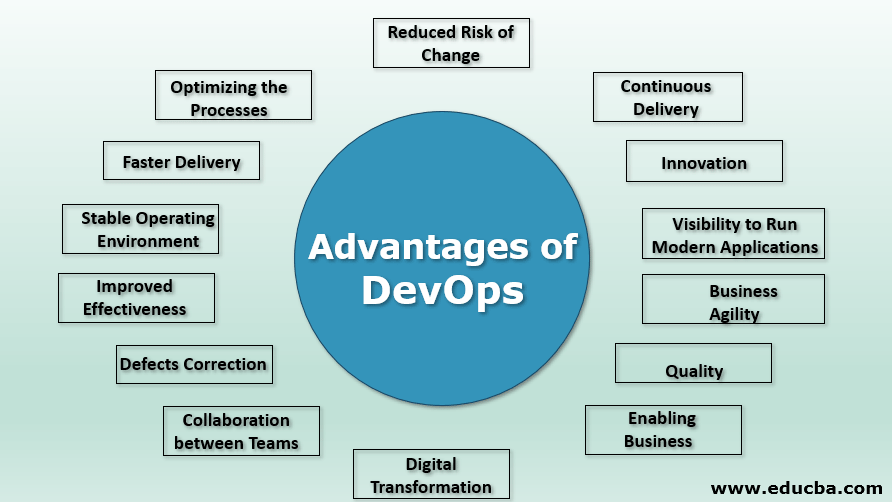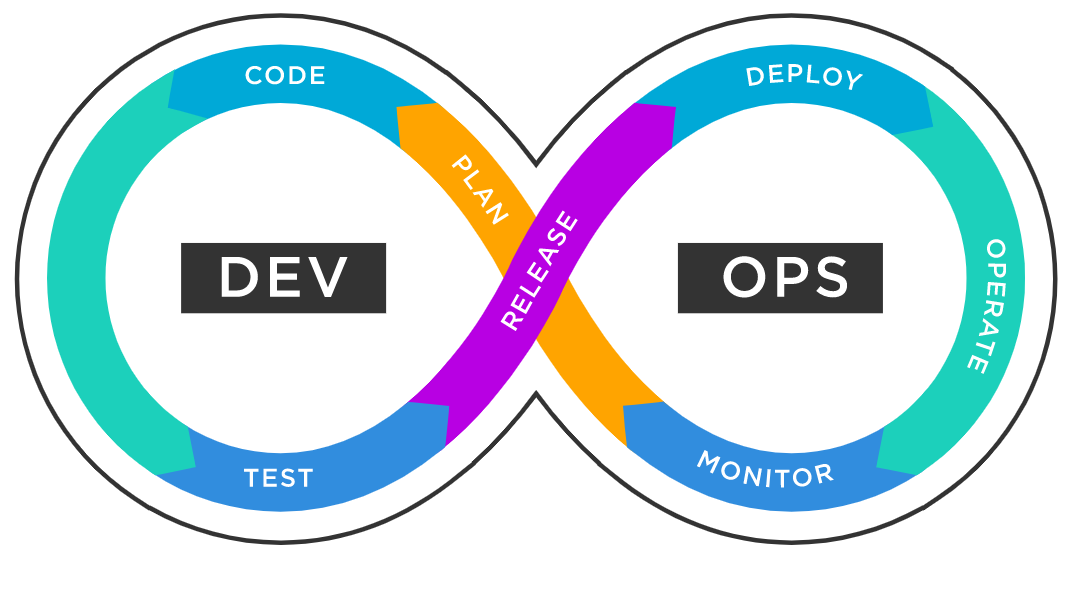What is DevOps?
DevOps is a term that has gained immense popularity in recent years. It is a set of practices that combines software development (Dev) and IT operations (Ops) to enable organizations to deliver high-quality software quickly and reliably. DevOps has become a necessity for organizations that want to stay competitive and innovate at a faster pace.
What is the need for DevOps?
Traditionally, software development and IT operations have been two separate entities that work independently of each other. The development team would create software, and the operations team would deploy it. This model was slow and inefficient, leading to delays in software delivery and a lack of collaboration between the teams. DevOps emerged as a solution to this problem.
DevOps enables organizations to create a culture of collaboration and communication between development and operations teams. It streamlines the software delivery process, improves the quality of software, and reduces the time to market. By automating the deployment process and eliminating manual errors, DevOps also reduces the risk of downtime and increases the reliability of software systems.
What are the principles of DevOps?
The principles of DevOps are based on agile development and lean manufacturing. DevOps emphasizes collaboration, automation, and continuous improvement. The following are the key principles of DevOps:
- Collaboration: DevOps encourages collaboration between development and operations teams. By working together, they can identify and resolve issues quickly and improve the overall quality of software.
- Automation: DevOps promotes automation of the software delivery process. Automation helps to eliminate manual errors, reduce the time to market, and improve the reliability of software.
- Continuous improvement: DevOps emphasizes continuous improvement of processes and systems. By continuously monitoring and measuring the performance of software systems, organizations can identify areas for improvement and make changes to increase efficiency and effectiveness.
DevOps Lifecycle
The DevOps lifecycle consists of six phases:

- Plan: In this phase, the business requirements and goals are defined, and a plan is created to achieve them.
- Develop: In this phase, the code is developed, tested, and reviewed. The focus is on creating high-quality code that meets the business requirements.
- Test: In this phase, the code is tested to ensure that it meets the quality standards and works as expected.
- Deploy: In this phase, the code is deployed to production environments. Automation tools are used to ensure that the deployment is smooth and error-free.
- Operate: In this phase, the software is monitored and maintained to ensure that it continues to function as expected.
- Monitor: In this phase, the software is monitored to identify any issues and fix them before they become critical.
What are the key Benefits of DevOps?
The benefits of DevOps are numerous. Here are some of the key benefits:

- Faster time to market: DevOps enables organizations to deliver software quickly and reliably, reducing the time to market and giving them a competitive advantage.
- Improved quality of software: By automating the software delivery process and implementing continuous testing, DevOps improves the quality of software and reduces the risk of errors.
- Increased collaboration: DevOps promotes collaboration between development and operations teams, which leads to better communication, faster problem resolution, and improved software quality.
- Reduced downtime: DevOps reduces the risk of downtime by automating the deployment process and eliminating manual errors.
- Cost savings: DevOps reduces the cost of software development by increasing efficiency, reducing waste, and improving overall productivity.
Conclusion
DevOps has become an essential part of software development in recent years. It enables organizations to deliver high-quality software quickly and reliably, giving them a competitive advantage in today’s fast-paced business environment. DevOps is based on the principles of collaboration, automation, and continuous improvement, and its benefits include faster time to market, improved software quality, increased collaboration, reduced downtime, and cost savings. By adopting DevOps, organizations can streamline their software delivery process and stay ahead of the competition.

